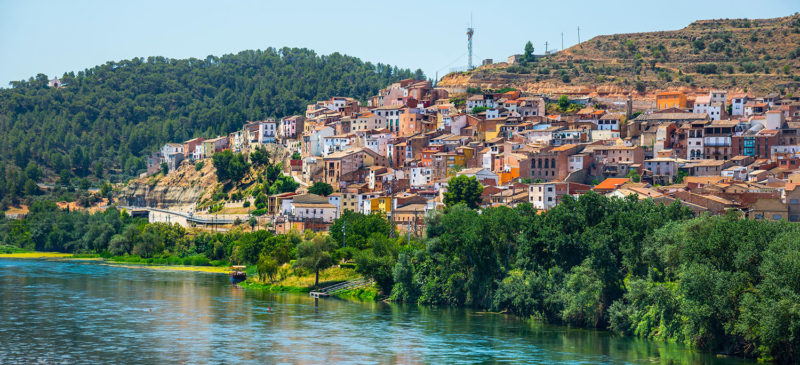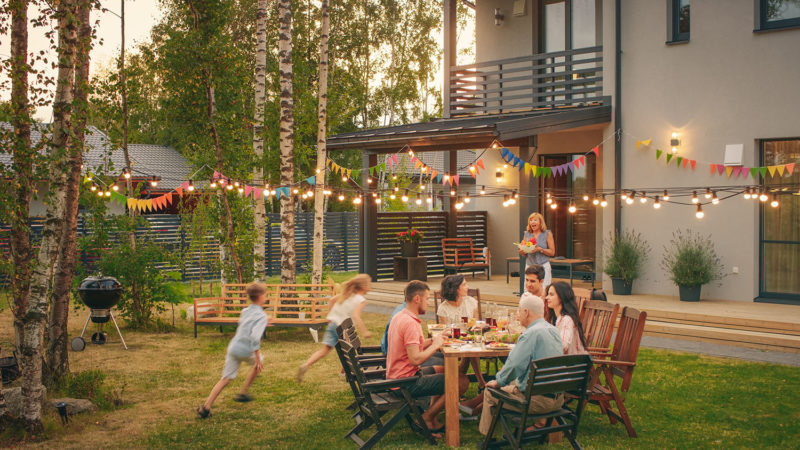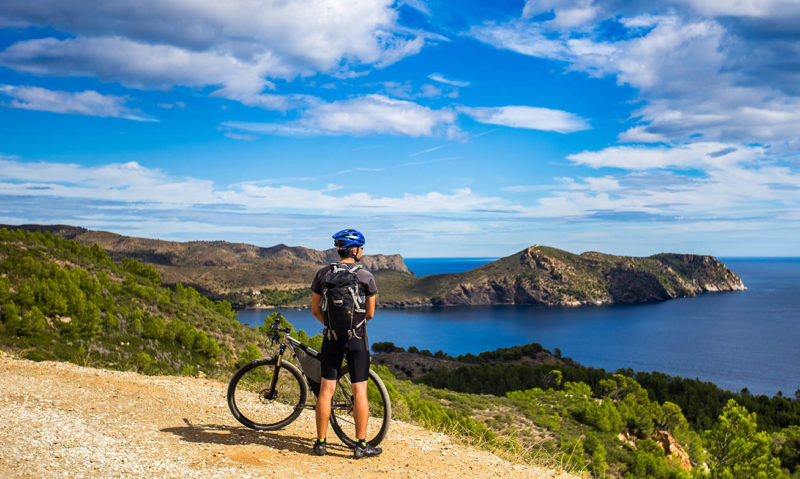

Are tourist rentals legal?
Understandably, owners want to give their property a second life while they are not using it. On the other side of the coin, tourist rentals are seen as a new competitor, a source of speculation that favours low-cost tourism and conditions private rentals.
In an attempt to regulate tourist rentals, which have kept growing in recent years, city councils and the Generalitat have implemented new measures and regulations. The administrations seek to prevent this practice from jeopardising price competition between the same tourist rental operators, but also in relation to private rentals. In extreme cases, as has happened in Barcelona, they even try to ensure access to housing for neighbours is not endangered.
One of the tourist rental operators par excellence that has been taking up more and more supply is Airbnb, which was born as a collaborative platform with the aim of taking advantage of those flats that owners left empty, either for weekends or for longer periods. Currently, the platform is already present in 191 countries, but is it really legal to use our flat or residence for a tourist rental? To answer this question, we checked the legislation and municipal by-laws.
What are the requirements that must be met?
Catalonia contemplates this practice as just one of the activities of the tourism sector. Decree 75/2020, of 4 August, defines in article 221.1 that it is considered to be for tourist rental “a dwelling that is ceded by its owner, directly or indirectly, to third parties, in exchange for an economic compensation for a seasonal stay and in conditions of immediate availability”. The regulations also detail that the entire space of the property must be ceded, not just a room, or rooms, and that it must be for a maximum period of 31 days in order to be considered a seasonal stay.
As for the interior of the home, a series of requirements must also be met, such as optimal hygienic conditions or that it is furnished and has the necessary equipment for a stay, always in coherence with the number of accommodations available. The number of accommodations will be the number indicated in the occupancy certificate. The same decree states that all tenants must be guaranteed a private room, and living rooms may not be used as bedrooms. Users and neighbours must also be provided with a telephone number for providing prompt assistance, as well as informing the Direcció General de la Policia about the tenants.
The administration, or even websites such as Airbnb, also specify some requirements such as being a good host and other aspects to be taken into account, like security, what to do in case of emergency, or cleaning protocols.
Are permits required?
The first thing to do to find out what permits are needed to start a tourist rental is to consult the municipal ordinance and, if applicable, the by-laws of the community. If they explicitly prohibit it or specify requirements, it will be the first regulation that must be complied with. If the municipality allows it, the owner or manager will have to formally notify the municipality of the start of the activity. The same town council will transfer the request to the Registre de Turisme de Catalunya (RTC) and will assign a registration number (NIRTC) to the property, which will certify it as legal tourist accommodation and, therefore, it will have to appear in all publications where the property is advertised.
Any tourism activity not regulated by following these steps will be considered illegal, and the owner may face fines of between 3,000 and 600,000 euros, depending on the degree of infringement.
Do I have to inform the tax authorities?
As stated by the Direcció General de Tributs, tourist rentals will be subject to VAT as long as the typical services of the hotel industry are carried out, understood as reception, regular customer support in a specific space, cleaning and maintenance of the flat and, in some cases, catering services. All dwellings that do not meet these requirements will not be subject to VAT and, on the contrary, will be subject to Transmissions Patrimonials Oneroses and to the particularities that each autonomous community, in the case of Spain, establishes.
Therefore, currently in Catalonia, it is legal to use the property for tourist rentals, but only if you comply with the current regulations, from the municipal to the state requirements, and following the necessary compliance.
11Onze is the community fintech of Catalonia. Open an account by downloading the super app El Canut for Android or iOS and join the revolution!
If you liked this article, we recommend you read:
 Community
CommunityOriginal destinations for holidays in Catalonia
4 min readf you are thinking of travelling this summer and want to get out
Leave a Reply
You must be logged in to post a comment.




👌
Gràcies, Joan!!!
Està bé estar aseventat de tot una mica , però estar clar que quasi bé tot es legal si pagas !!!
Així és Manel!. Ens veiem per la Plaça
Bona informació, gracies
Gràcies Alícia . Ens veiem per la Plaça